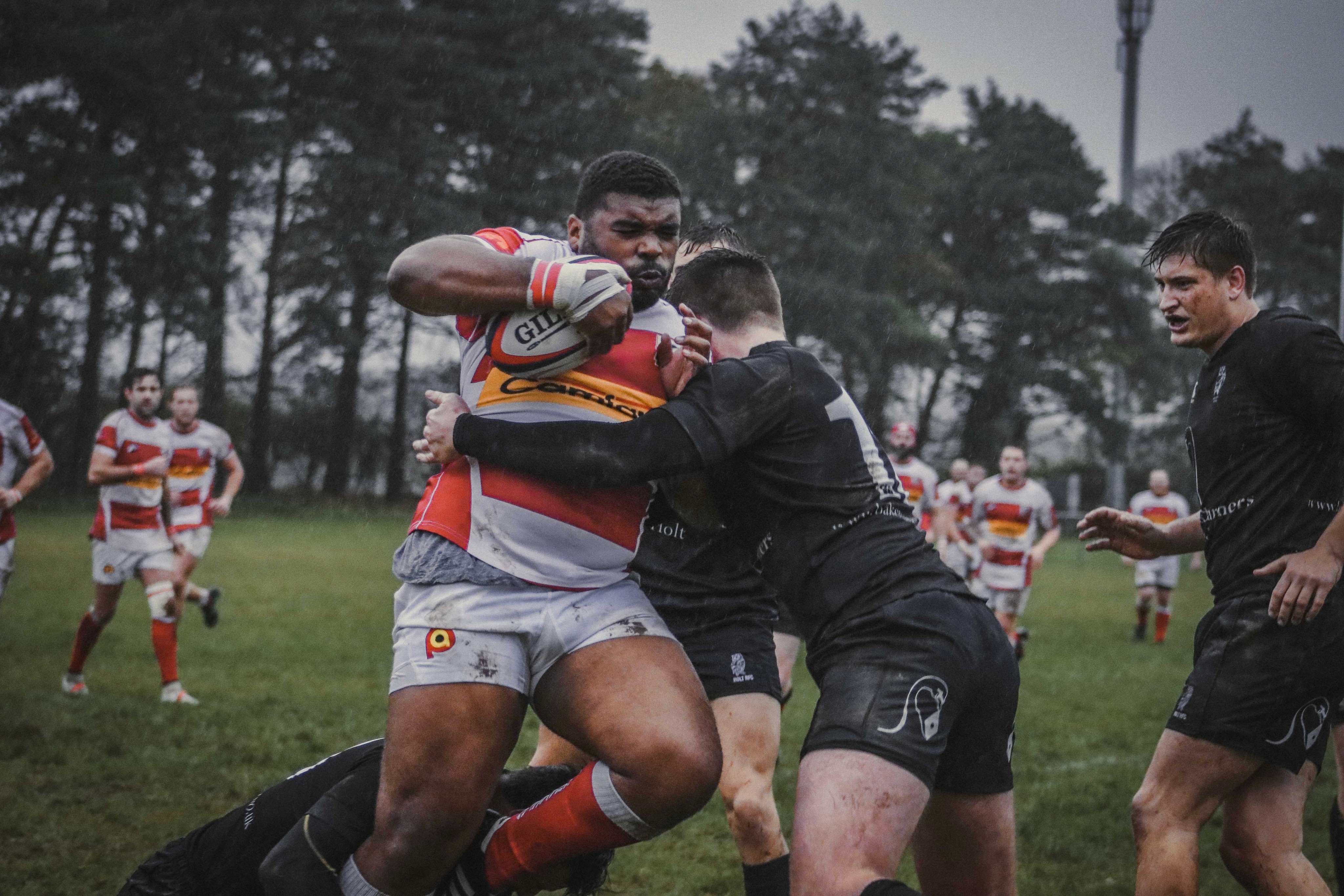The why
We are dedicated to helping rugby players who have contributed to our sport to achieve their full potential Beyond the Game.
Every player will experience some form of adjustment period after leaving the game. In collaboration with World Rugby and International Rugby Players, GRPF plans to make this adjustment period easier for former players by reframing it as a new adventure.
Leaving rugby can be a daunting prospect for those who have spent their lives dedicated to it, but life beyond the game can be an exciting next step with the help of GRPF.
We seek to reframe the concept of life beyond the game by looking at it as a new positive challenge and an opportunity for people to forge new careers, build new connections and expand their identity.
the need
Professional rugby players have dedicated most of their life to the sport of rugby to pursue their dreams of personal glory, national pride or pure love of the game.
Because the sport has consumed the majority of their young lives in training, playing and living their dream, there are consequences from the choices they made:
They may have given up the opportunity to pursue a lifelong career
Relationships may have been compromised
Some will have suffered physical and mental challenges
Their bodies will have been built-up to meet the challenges of their sport
They will have been rewarded for toughness, perfectionism, and competitiveness but discouraged from "taking it easy" or asking for help
They will have led a life of strict routine where their day to day activities are set by others
The realities of professional rugby
The transition away from rugby can be a challenging and transformative time in players' lives, as they move from the structured routines and intense competition of their athletic careers to a new phase that often involves finding new roles, interests, and identities.
45% of players reported financial difficulties in the five years after stopping playing.
57% of former players have had concerns about their mental/emotional wellbeing since leaving rugby.
60% of players left the game for reasons out of their control (injury, deselection, out of contract).





